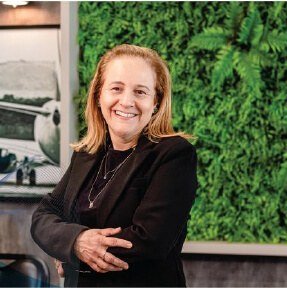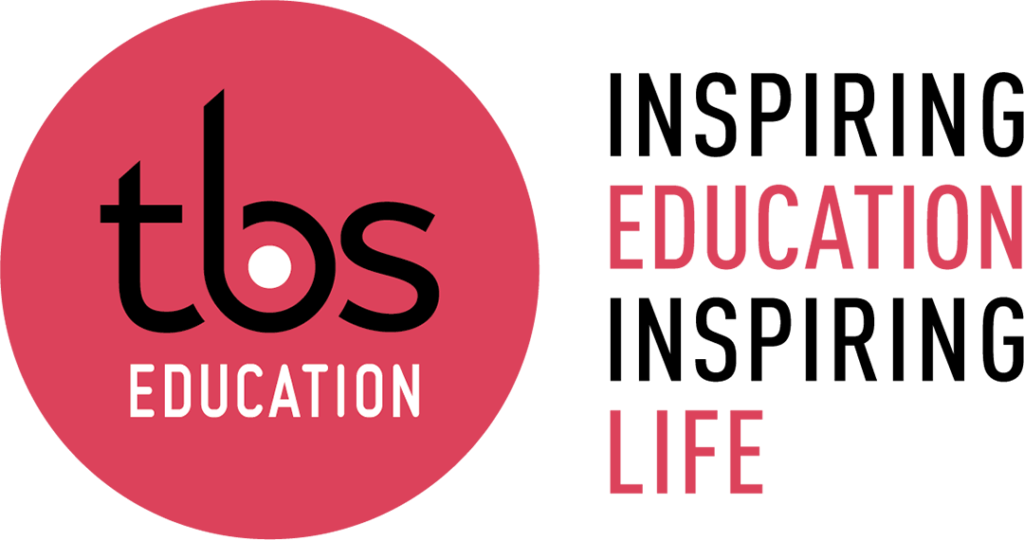How do time pressure, sustainability and the incorporation of the country-of-origin image in the international offer interact in the internationalization process and strategy of companies?
Time, sustainability and country of-origin image in the internationalization of companies

The Project
This project seeks to understand how time pressure, sustainability and the incorporation of the image of the country of origin in the international offer interact in the internationalization of companies.
Time is a critical factor in the internationalization process, shaped by the circumstances and events that drive changes. Existing studies neglect it because they consider time to be exact and certain, not requiring analysis of its influence. Nevertheless, the analysis of time cannot assume a linear or a progressive approach, it must consider the context in which changes occur, particularly concerning environmental sustainability— one of the key elements influencing the image of companies in both domestic and international markets.
Competing across borders requires companies to mobilize their resources and capabilities with the aim to thrive in the host market. Throughout this process, different concerns may arise linked to sustainability, as well as the impact of the country-of-origin image (COI) of the company on the attitude of different international stakeholders.
According to the type of industry, sustainability, COI, and temporal aspects (such as longevity and heritage) are increasingly viewed as a way to strengthen a company’s competitive advantage, enabling adaptation to the international macro-environmental challenges while ensuring long-term survival across various contexts.

Sustainability is seen as a way to keep companies competitive. It guides companies to adapt to the global context with regard to environmental and social issues, while ensuring their survival in different contexts over time. As COI influences international consumer behavior (B2B and B2C), its use can be considered a firm resource and can also drive the company to develop a competitive advantage through its marketing capabilities.
While both sustainability and the incorporation of elements from the country-of-origin image (COI) in the international offer represent key aspects for the legitimacy of companies in foreign markets, they also are impacted by the time pressure.
This means that, in the international expansion trajectory, companies are impacted by temporality aspects that can lead to different influences towards the sustainability approach and Country-of-Origin Image (e.g. heritage, craftsmanship, industry traditions and expertise) usage in the company’s strategy to gain legitimacy in foreign markets.
The project is bilaterally funded by two different research councils, CAPES is the Brazilian and Cofecub, the French. The joint research grant seeks to promote research and training of high-level human resources through scientific exchange and academic mobility between Brazilian Higher Education or Research Institutions and similar institutions based in France.
Research Topics
Internacionalization
Temporality
Sustainability
Country-origin-image
Team
Brazilian Team
PhD Students Researchers
Expected Deliverables
To academia:
- Presentation of main results to stakeholders involved (FR and BR) pinpointing lessons learnt, reference practices identified and action points.
- Dissemination of key findings through a ebook
To society:
- Presentation of main results to stakeholders involved (FR and BR) pinpointing lessons learnt, reference practices identified and action points.
- Dissemination of key findings through a ebook
To scholarly:
- Scientific articles published in peer-reviewed journals
- Strengthen research collaborations company-academia and BR-FR
IMPORTANT NOTE: all resources derived from this research will go through approval of the company before publication/dissemination.













